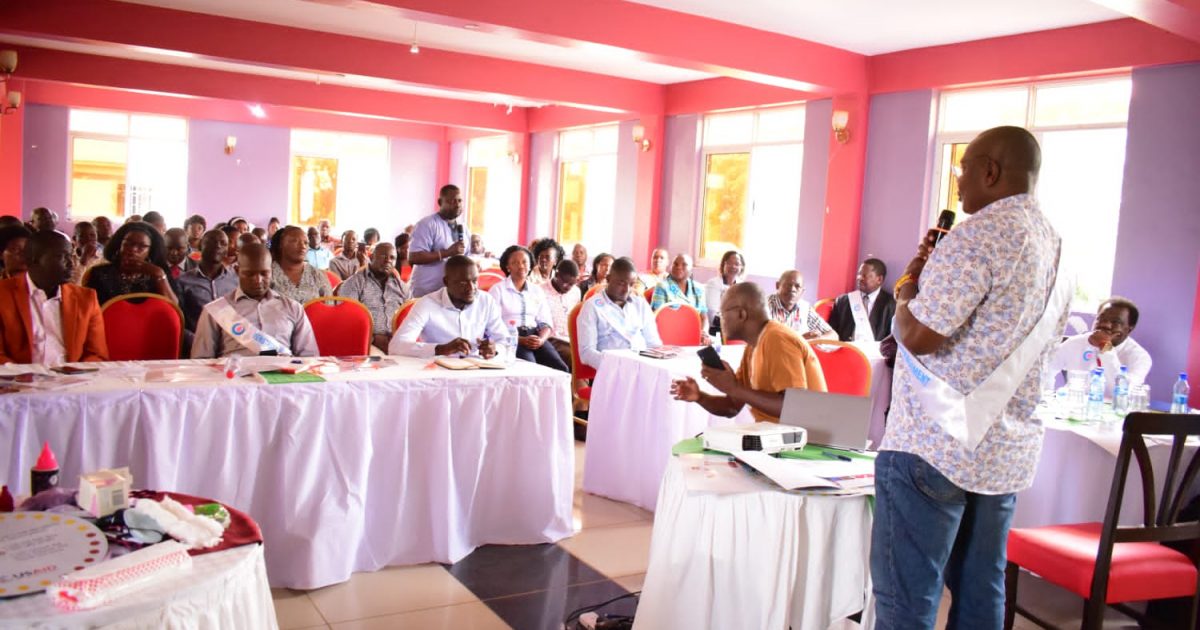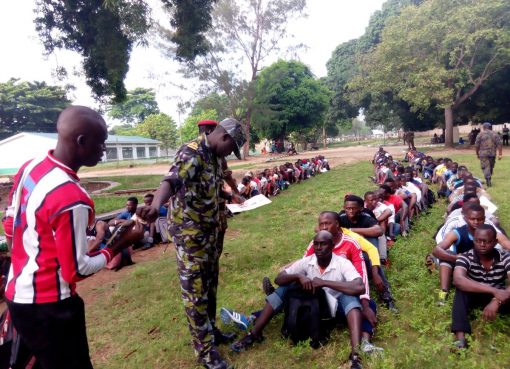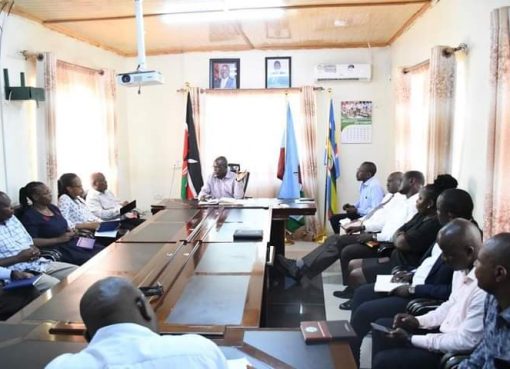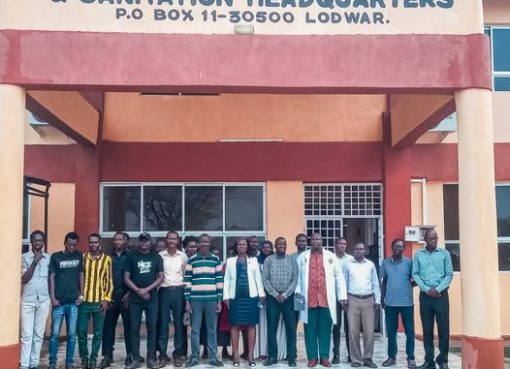County governments have been asked to allocate funds to support menstrual hygiene management programme in their health sector programmes.
The Lake Region Economic Block Menstrual Health Ambassador and current Busia Governor Dr. Paul Otuoma said that at least 65 percent of women and girls in the country cannot afford to buy sanitary towels.
Otuoma noted that the only way to address menstrual hygiene management was for the Counties to come up with intervention forms through budgetary allocation.
He urged the Lake Region Economic Block Counties to come up with specific programmes that will address the menstrual challenges that face women and girls in the region.
Otuoma said that already the Lake Region Block has partnered with USAID to help implement and address the menstrual hygiene management programme.
USAID aims to accelerate sanitation and menstrual hygiene management to engage and empower multiple stakeholders including the private sector, civil society, local governments, and targeted communities to lay the groundwork for a sustainable, transformative, and locally owned sanitation framework.
He noted that the programme will create awareness, especially in communities that still have cultural barriers to issues of menstrual awareness. He explained that it was important to address the behavioural change of the community and help them understand that menstrual is a biological phenomenon.
Otuoma acknowledged that the programme will build awareness for various stakeholders, policymakers and service providers to address challenges of menstrual hygiene. The programme will also incorporate the medical fraternity and the gender champions to specially point out areas of concern in trying to address the menstrual hygiene.
He added that the programme will also bring on board innovative ways and support those that can generate reusable cost-effective sanitary pads. “There is a rise of absenteeism cases in schools where 60 percent of the absentees are girls undergoing menstrual that affects their learning and productivity,” noted Otuoma.
Magdalene Mwajuma an official with Msichana Empowerment NGO said that it was important to sensitise girls in schools by giving them the right access to information about menstrual hygiene.
Mwajuma affirmed that the majority of girls and women cannot access quality and afford sanitary towels because of high levels of poverty, especially in rural Kenya.
The Official noted that the menstrual hygiene management programme will aim to change the negative narrative associated with the social norms of normalising and stigmatising menstrual in the community.
She said that together with other partners they will work with the national government to ensure the finance required for the supply of sanitary towels to school is allocated.
“We are urging the national government to continue supporting us so that we can ensure that our girls do not miss school due to lack of sanitary pads. With partners like USAID we will be able to provide quality pads to our girls, “said Mwajuma.
The official also added that sensitising the male child is key to addressing menstrual hygiene to end the period shame and stigmatisation among girls in schools.
Similarly, Migori Deputy Governor Joseph Mahiri emphasised the need for the local partners to work closely with county government to help address the challenges that girls face.
He acknowledged that menstrual hygiene was one of the biggest challenges that girls undergo especially when in school. He said that the county was fully committed to ensuring that menstrual hygiene is well-addressed to help the girl child pursue their education.
By Eunice Wanjiru





